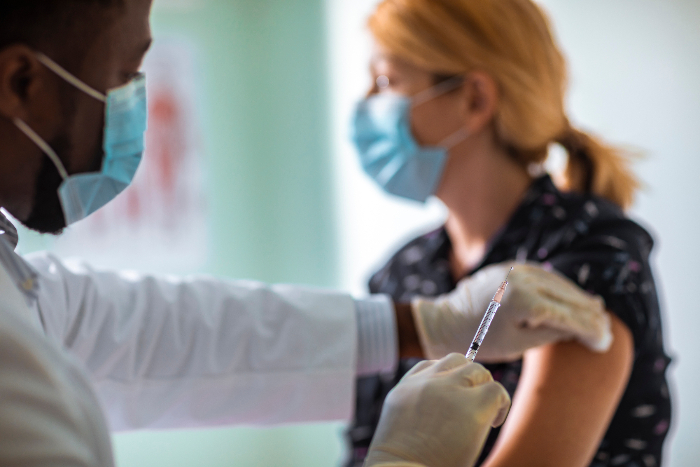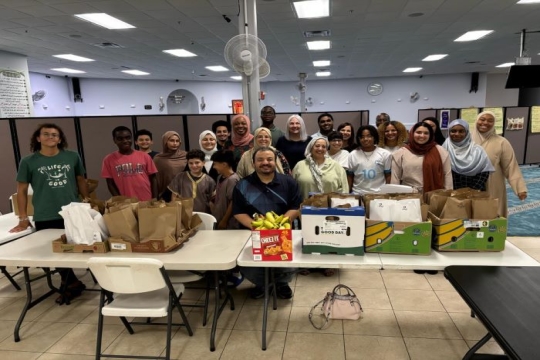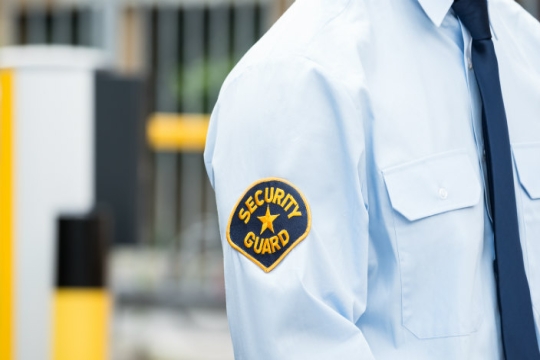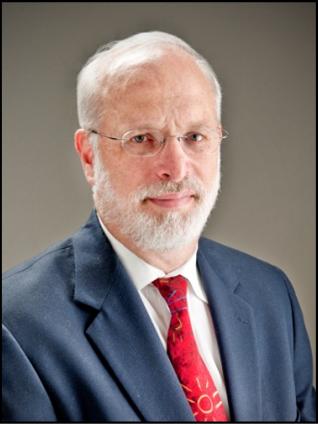
“Realizing this amazing matter that hurts the eyes,” Maimonides wrote 850 years ago, “I undertook to gather pharmaceutics and roots from the books of the ancients, of which I intend to prepare medicine and salve helpful for this sickness.”
Judaism’s foremost physician made clear that providing healthcare to the community is fundamentally connected to the spiritual and moral health of society. Nine centuries later, with COVID-19 raging all around us, the urgent relevance of the Rambam’s words could not be clearer.
Our synagogues and communal institutions must play a significant role in getting our neighbors vaccinated.
Like churches, mosques and other faith-based institutions, many synagogues are already set up for communal outreach. There are approximately 331,000 religious congregations in America, and roughly half of them, including our Temple Emanuel in Greensboro, N.C., were serving their community in some capacity before the pandemic, making them both houses of worship and houses of service.
Add up all the houses of worship among America’s different religions and denominations, as the National Congregational Survey has done, and there are roughly eight congregations per zip code. Those congregations know their congregants, and those congregants know and trust their communal leaders.
As federal, state and local governments wrestle with the overwhelming challenge of vaccinating the elderly as well as certain minority groups and other difficult-to-reach populations, communal institutions that are able to do so must proactively position themselves for active participation in the quest for herd immunity.
We are not simply beating a drum here. Temple Emanuel already proactively reached out to our community’s major hospital and to our county’s health authorities to explore the possibility of using our building and our congregational resources to operate a neighborhood-based vaccination site.
Within the past two weeks, administrators from Cone Health System and the Guilford County Department of Public Health made site visits to our congregation for a thorough assessment. They examined how Temple Emanuel’s chapel, lobby, social hall, refrigerator, kitchen freezer and even our tables and chairs could be put to use. Our parking lot’s potential for drive-thru vaccinations was likewise examined. The officials who visited our congregation made clear that while mega sites like stadiums and coliseums are essential for mass vaccination drives, local decentralized congregational sites will be critical for community-wide distribution as vaccine shots become more widely available.
Even before widespread availability, however, there are concrete steps that congregations like ours can take. We are already working with our local Department of Public Health to help arrange appointments for vaccine distribution among our community’s vulnerable elderly population. Volunteers from our congregation, along with our local Jewish Family Services, have stepped up to offer transportation to vaccine sites for those who might not otherwise be able to make it. And following guidance from FEMA, we are working to recruit licensed medical personnel in our congregation to beef up the capabilities of existing vaccination sites.
We are also taking preparatory steps to increase vaccine distribution to minority communities in our area, both because the Torah explicitly commands us to not stand idly by when our neighbors’ lives are at stake, and because none of us are safe until all of us are safe.
– the obligation to save a life in danger – is one of Judaism’s most sacred values. With Covid-19 ravaging unabated, our congregation has a moral duty to go beyond our walls and proactively engage with local leaders to equitably, efficiently, and expeditiously vaccinate our neediest neighbors.
We are planning to reach out to our contacts in the clergy to help minority congregations in our area take advantage of Temple Emanuel if it becomes a local vaccination site. In addition to partnering with other congregations to assist in transportation to our site for those who need help, we will also be offering local congregations assistance and know-how in setting up their own community vaccination sites. As soon as the availability of vaccines in our area increases, these pillars of the community will be ready to quickly and efficiently get the vaccine into the arms of those who need it the most and are among the least likely to get a shot.
The impact that communal organizations like ours can have if we are ready to hit the ground running cannot be overstated. How much difference can a partnership between faith-based organizations and health care providers make? Just take a look at Miami’s Jackson Memorial Health system, the largest public nonprofit hospital system in the country.
So far, Jackson has partnered with dozens of churches, synagogues and mosques in Miami-Dade County to vaccinate people age 65 and older. Together they are targeting those in underserved communities and those who may be unable to secure a vaccine appointment online because of technological barriers.
Clergy at those Miami-Dade houses of worship reach out to their parishioners, helping them to navigate the process and reassuring them about the efficacy and safety of the vaccines. Every Tuesday the clergy let Jackson know how many of their congregants are ready to register for a vaccine shot, and on Thursdays those who have been signed up get their shot. Jackson is now administering more than 2,000 vaccine shots every Thursday.
How significant has the impact been? Jackson is located in Miami-Dade County, where roughly one in five residents is Black. Within just two weeks, Jackson’s partnership with local Black churches nearly doubled, to roughly 1 in 6 elderly residents, the vaccination rate among the county’s underserved Black population.
The lesson from Miami is the same as the one we are learning in Greensboro: Across the country, local religious institutions have a fundamental role to play in getting enough people vaccinated to finally overcome this devastating pandemic.
Have something to say about this post? Join the conversation in The Tent, the communications and collaboration platform for congregational leaders of the Reform Movement. You can also tweet us or tell us how you feel on Facebook.
Related Posts

How URJ Congregations Spark Change and Innovation

Leadership Boot Camp: A Clean Page, Infinite Possibilities

